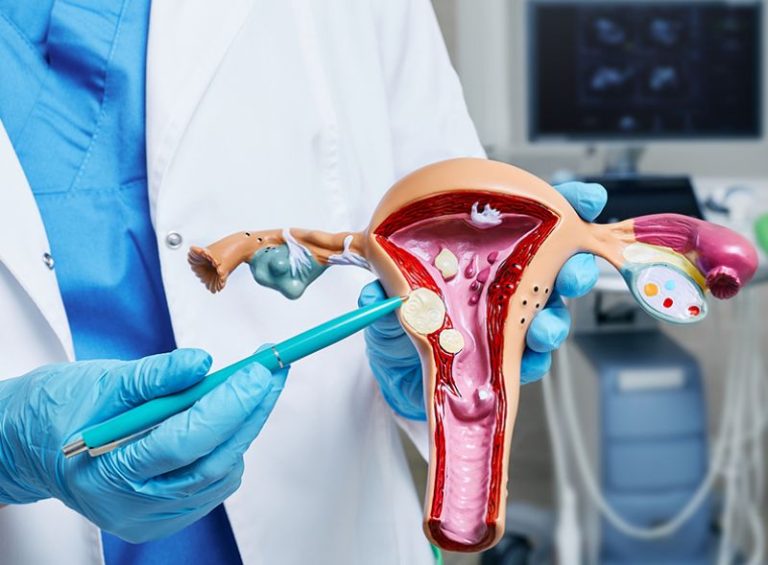

“Hydration is the only thing that matters.” “Water will take you to a healthier weight faster than you can imagine.” These quotes have become famous on far too many blogs, and your guess is as good as mine – these could be myths.
So, what claims should you believe with fitness and healthy living as your primary focus? Water is excellent for your body and the most significant liquid on the planet. However, it would help if you were wary of myths. Us.biaxol.com is home to supplements that can complement the process, such as those that can help you build and retain muscle mass, lose fat, increase bone density and stamina, etc.
This article highlights four of them, providing nothing but the truth to replace bogus facts.
Myth One: Drinking Plenty of Water Can Help You Lose Weight
Research has shown that drinking water in the correct measures can help some individuals lose weight, mainly when done before meals. The idea is that water makes the stomach feel full, leading to less food consumption. However, this method is only for some, as another study showed that it didn’t work for younger people.
So what’s the truth? Increased water consumption may often lead to weight loss if it’s part of a diet, especially if it replaces sugary beverages like soda and sweet juices. More research is needed in this area, but adequate water is a good contribution to weight loss.
Myth Two: Sports Drinks are Better Alternatives to Salt & Other Electrolytes
We keep coming across this question: Are sports drinks necessary to replace salt and other minerals known as electrolytes, especially when we’re active? If you’re working out for over an hour, you may need a bit more.
Water is perfect for the role. While sports drinks can be effective, you can get that salt from other foods and beverages. Besides, research has shown that, like the thirst for water, humans have evolved to crave salt and other minerals, which can be filled with slats from nuts and other foods.
Generally, your body will communicate what it needs.
Myth Three: The Standard is Eight Glasses of Water a Day
Do you have to take this much? Like the others, no concrete evidence suggests you need this amount of water to stay hydrated daily. Still, water is an essential component of our body, making up most of our cells and blood and generally keeping us cool.
If you take too little, your cells begin to dehydrate. If you take too much, your cells suffer from hyponatremia (swelling). How much do you need daily? This will depend on several factors, such as your size, level of activity, and temperature.
When you figure these factors out by listening to your body, you’ll know if you’re thirsty and just how much water you need.
Myth Four: Caffeine Makes You Dehydrated
This is a persistent myth about caffeine being a diuretic that makes you pee, meaning it doesn’t hydrate your body, but this is not true.
One study showed that caffeine can be a mild diuretic, but largely to people who aren’t used to it. However, consuming caffeinated drinks in moderation can provide the same hydration as non-caffeinated drinks. There’s not much difference between drinking water to satisfy your thirst.
Conclusion
Water is an excellent choice for anyone looking to quench thirst, especially after some activity. Don’t let these myths bother you, whether that’s exercise or something else. They’ve been debunked!
Eat good food and drink liquids that help you stay fit and healthy. You’ll know they’re good because of their water content. Lastly, consult a healthcare professional before administering any supplement or medication to complement your diet or workout efforts, including hydration.


